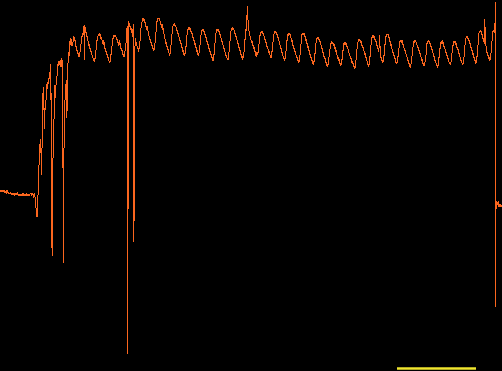Tonometer in use!
I just received the email below. While I love these emails and each one makes me smile, this is a fairly typical response I see when someone receives their new Reichert tonometer. Keep in mind that the expectation from both of us is that we will have a telephone call when the person's new tonometer arrives and I will explain how to use it. The surprising result is that quite often I don't have to explain anything! That's how easy these Reichert tonometers are to use . This is true even for someone who is not good with technology.
Here's the email that just came today:
Filed Under (tags):
- Read more about Tonometer in use!
- Log in or register to post comments



